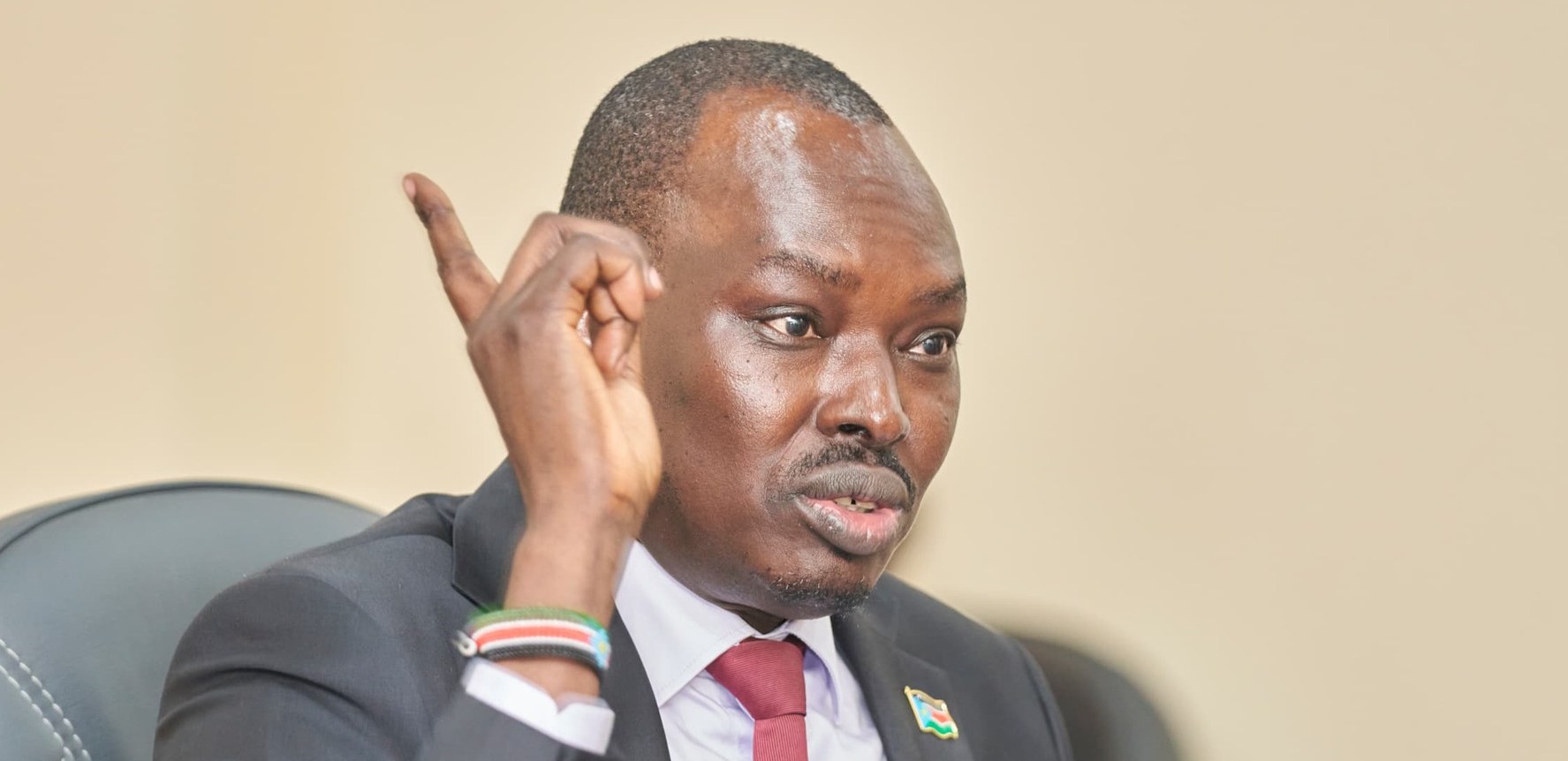SA Reserve Bank Sparks Controversy: Inflation Target Shift Without Treasury Approval

Johannesburg – A recent decision by the South African Reserve Bank (SARB) to adjust its inflation target has sent ripples through the financial community and raised concerns about coordination between key economic institutions. The SARB, the nation's central bank, quietly lowered its inflation target without consulting the National Treasury, the government ministry responsible for financial policy. This move has prompted investors to question the level of cohesion within South Africa's economic policymaking framework.
What Happened? The SARB announced a slight adjustment to its inflation target range during Thursday's Monetary Policy Committee (MPC) meeting. While the details of the change remain subject to interpretation, the lack of prior consultation with the Treasury has been the primary source of controversy. Typically, major policy shifts of this nature would involve discussions and alignment between the two entities to ensure a unified approach to managing the economy.
Why is This Significant? South Africa's economy is currently grappling with a complex mix of challenges, including high unemployment, persistent inequality, and the lingering effects of the COVID-19 pandemic. Maintaining investor confidence is crucial for attracting foreign investment and supporting economic growth. The perceived lack of coordination between the SARB and the Treasury could undermine this confidence, potentially leading to capital flight and increased borrowing costs.
Treasury's Response: The National Treasury has yet to issue a formal statement directly addressing the SARB's decision. However, sources within the Treasury suggest that they were not informed of the proposed change and are evaluating the implications of this unilateral action. The situation highlights the inherent tension between the SARB's mandate to maintain price stability and the government's broader economic objectives, including job creation and inclusive growth.
Market Reaction: Financial markets reacted cautiously to the news. The South African rand experienced some volatility, and analysts are closely monitoring the situation for further developments. Some economists have warned that the lack of transparency could create uncertainty and complicate the SARB's efforts to manage inflation expectations. Others suggest that the SARB may have had valid reasons for the change, and that the market's reaction is overblown.
Looking Ahead: The incident underscores the need for clearer communication and collaboration between the SARB and the National Treasury. A more transparent and coordinated approach to economic policymaking would not only bolster investor confidence but also enhance the effectiveness of policies aimed at addressing South Africa's economic challenges. Experts suggest that a formal dialogue and potentially a review of the existing framework for policy coordination may be necessary to prevent similar situations from arising in the future. The focus now shifts to whether both institutions can bridge the gap and work together towards a stable and prosperous economic future for South Africa.






